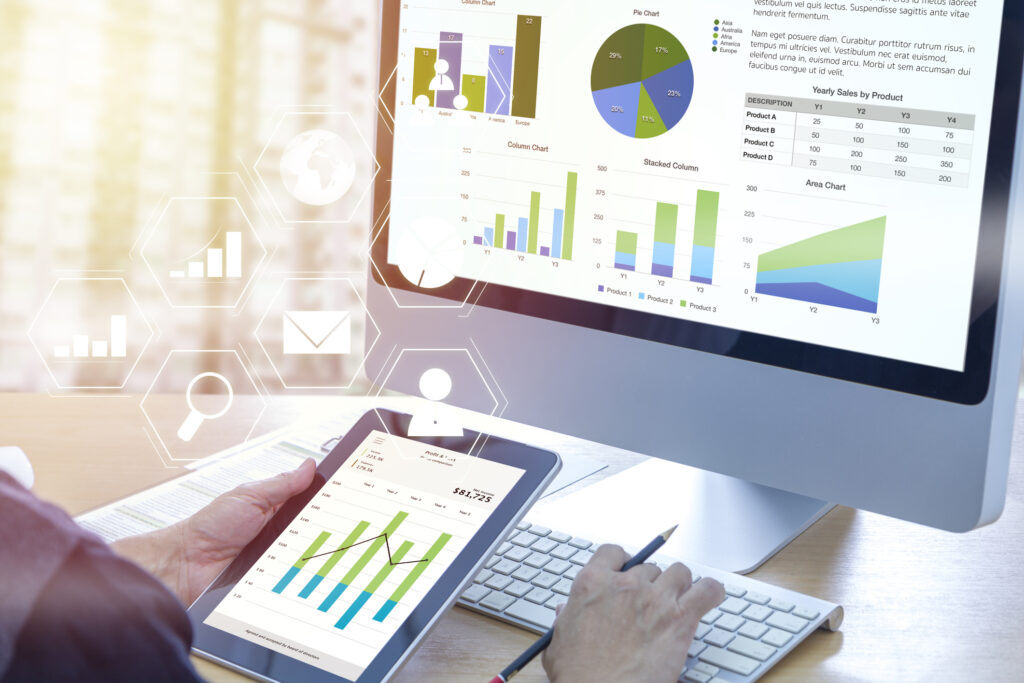How to Choose a Cloud Solution for Your Accounting Firm

Though COVID-19 has had enormous and far-reaching implications for every industry and profession, it won’t be with us forever. But many of the changes we’ve made — to our habits, mindsets and ways of working — will be part of our lives for the long haul.
The future of remote accounting firms
Not all accounting firms will continue to support remote work to the extent they did during the peak crisis period. However, nearly all will continue to serve customers, who are spending more time and money online than they did before the pandemic. Firms will be competing for talent in a world where working remotely has become more deeply embedded into our culture. And firms, like yours, will need to prepare themselves for future uncertainties by cultivating greater agility and flexibility.
One thing the events of 2020 have made abundantly clear is that technologies that enable firms to weather unexpected disruptions are both invaluable and necessary. For accountants, these technologies must also meet high security standards, alleviate privacy concerns and be simple to access and operate.
And, cloud-based practice management solutions which are scalable, flexible and centrally managed with enterprise-grade resources, fit the bill.
An accountant’s guide to cloud-based practice management solutions
Many tax and accounting firms still struggle to figure out which cloud delivery model and individual cloud-based software solution will best meet their needs. With so many options available and so many vendors vying for their business, it can be tricky to sort through all the competing claims.
We’ve put together a quick guide to the cloud delivery options:
Public Cloud
An analogy that’s often used to describe the public cloud is an apartment building. Like the walls, floors and common spaces of a multi-unit dwelling, public cloud computing infrastructure is shared by multiple users, who are called tenants.
Each cloud tenant has their own private space within this infrastructure, so security options are fairly robust. However, heavy traffic from other users can slow down performance, with a negative impact on user experience. Public cloud options are usually less expensive than other cloud delivery models.
Software-as-a-Service
Software-as-a-Service (SaaS) is a particular type of public cloud offering. In it, the public cloud provider hosts and supports a software application, and its users pay for ongoing access to it.
With SaaS, you don’t need to worry about where your cloud-based practice management solution is installed, how it’s configured or whether it’s been upgraded. Your technology solution provider takes care of all of this for you. You’ll be able to manage your firm right from your browser by taking advantage of the very latest software. Look for an option that integrates with the applications you and your clients use most and that has enterprise-grade security features built right in.
Learn What Technologies Are Essential with The Modern Accounting Firm Checklist
Private Cloud
If the public cloud is like an apartment building, a private cloud is like a mansion with its own security guard. Private cloud computing infrastructures aren’t shared by other tenants, so you can install the applications of your choice, maintain complete control over how the environment is customized and enforce the most rigorous data privacy and security standards. Because you’re not tied down to the options offered by a particular public cloud provider, you can replicate any existing infrastructure within a private cloud environment simply by providing licenses for all the software applications running there.
Hybrid Cloud
The hybrid cloud is a “best-of-both-worlds” approach that enables firms that choose this model to take advantage of the chief benefits of both public and private cloud technologies. By integrating a public cloud platform with a separate private cloud infrastructure, you can move your workloads between the two in ways that fit your computing performance, security and privacy needs, as well as your budget.
Want to learn more the benefits leading accounting firms stand to gain from cloud technology? Take a deeper dive into the subject by reading our new white paper, Beyond COVID-19: Advantages of Cloud Technology for Tax and Accounting Firms.